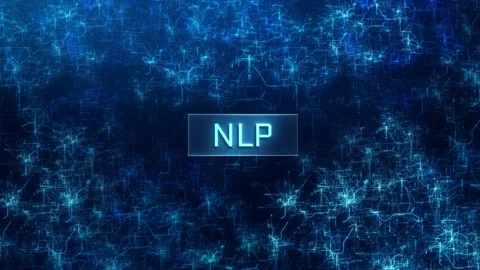The Event
Overview of the event

The AI Action Summit, which will take place on February 10th and 11th 2025, aims to demonstrate usefulness of AI for humanity and highlight the latest developments in the field.
The NLP event will be highlighted at the AI Action Summit, particularly during the multi-stakeholder day on February 10. We will present the latest breakthroughs regarding major challenges for current LLM-based AI models, in particular symbol grounding, logical and pragmatic reasoning and planning, long-form generation and long-context understanding. Our event will bring leaders in these challenges showcasing Europe’s and the Cluster AI efforts to solving them: Mirella Lapata (University of Edinburgh), Alexander Koller (University of Saarbruecken, DFKI), Barbara Plank (Universityof Munich), Francesca Toni from University of London as well as Nicholas Asher from the ANIITI cluster who will report on research advances made in three French AI clusters: ANIITI, 3IA Côte d’Azur and ENACT.
Importantly our challenge is an interdisciplinary one. To solve the mentioned challenges, we first need researchers expert both in computational and linguistic sciences, as solving these problems requires a sensitivity to language and problems linguists have studied and amassed knowledge about over centuries, but the tools used require knowledge of modern computational and mathematical techniques. In addition, solving our challenges will take a larger interdisciplinary effort, if we take our inspiration for what works from the best learners on the planet—humans. What we know about the human brain is that cognitive processes do not take place in a vacuum but interact and reinforce each other. Rather than one general intelligence we have a host of specialized modules that combine vision, language, planning, action all together in what we call the “global workspace.” It is this interaction that holds the key to solving problems like grounding, but it will impact other challenges as well.
The impact of solving these challenges will be vast. LLMs and other powerful neural models have created a lot of successes (leading a Nobel prize for Hopfield and Hinton), but the current limitations of LLMs with regard to the challenges above, could well lead to skepticism concerning their potential. LLMs continue to be plagued by hallucinations, errors in reasoning and planning. To palliate these deficiencies, LLMs are now linked to various special use tools and functions to augment their capacities, but those are stopgap measures and engineering solutions rather than scientific advances. In addition, they fail to fully leverage the important knowledge encoded in LLMs that is needed to pass to the next stage of competence for these models. A more fundamental solution could put these AI models into many positions of trust, if we do it right.
Preliminary results will be presented at the event by lecturers and organizers, such as: (i) a new way of resolving problems in formal and pragmatic reasoning (ii) initial implementations of the global workspace architecture, (iii) ways of improving long tail coherence; (iv) deepening our understanding of pre-training for better in context learning.
- Tags:
- Nlp